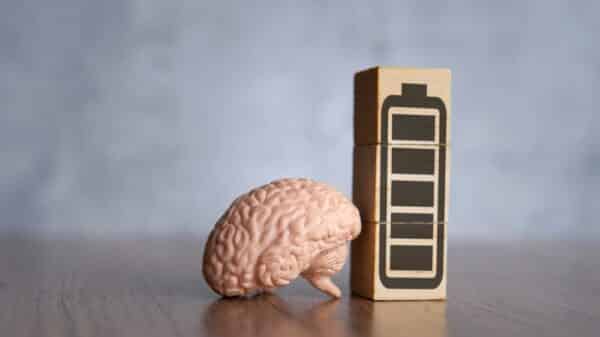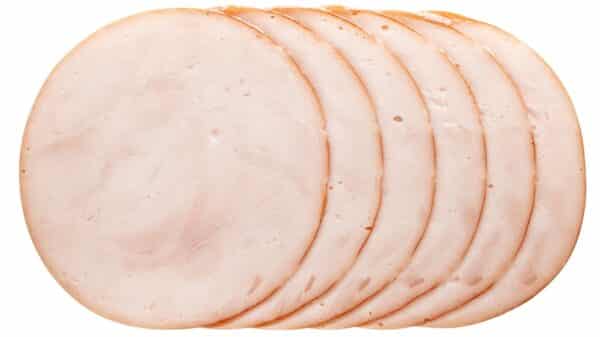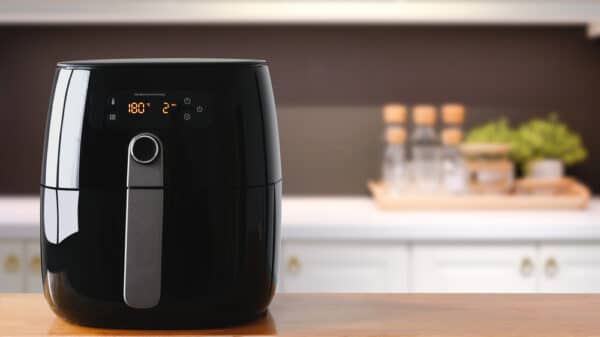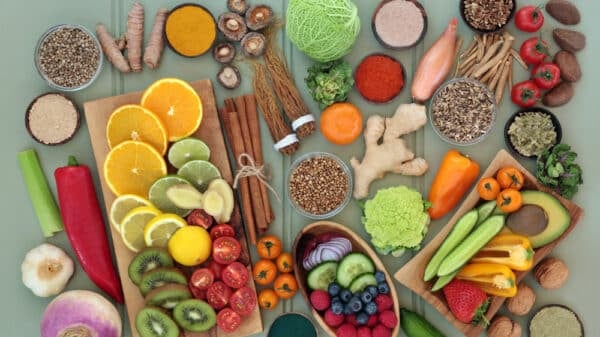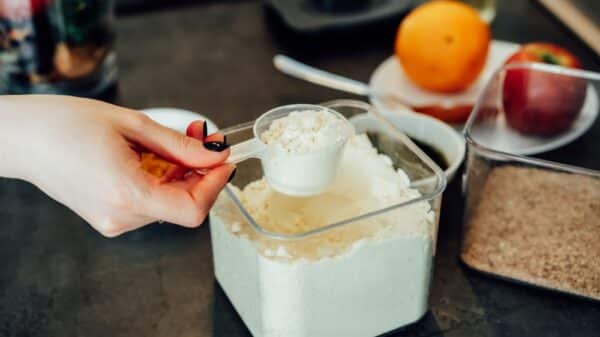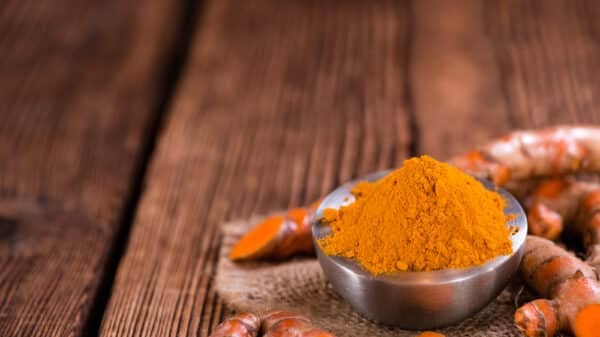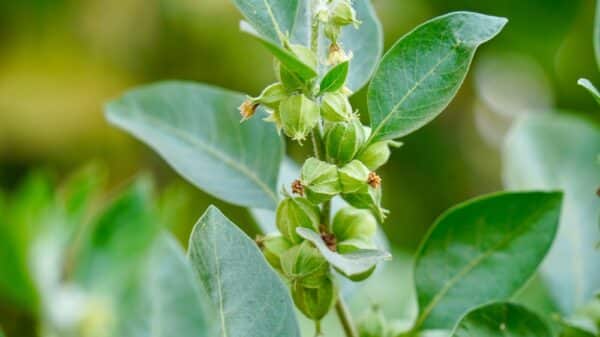Fiber is a cornerstone of a nutritious diet, yet many of us struggle to reach our daily intake goals. While whole foods, particularly fruits, vegetables, and legumes, should be your primary source of fiber, daily supplements can fill the gaps for those who don’t consume enough.
Studies show that fiber—especially soluble fiber—can aid in weight management and specifically target belly fat. Understanding how much fiber you actually need is crucial. The Academy of Nutrition and Dietetics recommends approximately 14 grams of fiber for every 1,000 calories consumed, translating to around 25 grams for women and 38 grams for men daily.
In the U.S., recent data reveals that the average person consumes about 17 grams of fiber daily. Alarmingly, only 5% of adults meet recommended intake levels, indicating a significant shortfall.
Exploring fiber supplementation can be valuable for those unable to meet these goals through diet alone. With a variety of options available, it’s important to choose wisely. Look for natural supplements that are free of harmful additives.
Types of Fiber Supplements
Fiber supplements can be categorized into two main types: soluble and insoluble.
Insoluble fiber helps increase stool bulk and supports regular bowel movements. It does not dissolve in water and contributes to maintaining a balanced intestinal environment.
Soluble fiber, in contrast, dissolves in water, forming a gel-like substance that can improve cholesterol and blood sugar levels.
When considering brands, Metamucil and Benefiber come up often. Metamucil uses psyllium husk but also includes artificial additives. Benefiber is based on wheat dextrin and also contains numerous additional ingredients, some of which may be less desirable.
You might also opt for fiber powders, which can be mixed with liquids or foods, or pills and chewable tablets for convenience.
The Best Natural Fiber Sources
Natural fiber sources like pectin, psyllium husk, and inulin tend to be the most beneficial. Combining konjac root and acacia fiber offers particularly impressive health benefits.
– Konjac root (glucomannan) forms a gel that aids digestion, promotes satiety, and supports heart health.
– Acacia fiber acts as a prebiotic, nourishing beneficial gut bacteria and enhancing digestive health.
Health Benefits of Fiber
Incorporating sufficient fiber into your diet can lead to multiple health improvements, including:
– Regular bowel movements and reduced constipation risk.
– A decrease in the likelihood of developing hemorrhoids and colorectal issues.
– Lower cholesterol levels, particularly through soluble fiber sources.
– Potential reductions in blood pressure and inflammation.
In summary, a greater fiber intake can positively influence your overall health and may assist with weight management. Choosing the right sources and potentially supplementing where necessary can pave the way for greater wellness. Making these adjustments isn’t simply a change to your diet; it’s a meaningful step toward a healthier lifestyle.Eating fiber-rich foods can significantly impact your overall health and well-being.
It plays a vital role in regulating blood sugar levels, which helps to manage your energy and reduce the risk of type 2 diabetes.
Additionally, fiber is essential for supporting weight management. Since it promotes a feeling of fullness, you are more likely to consume fewer calories and feel satisfied longer.
Eating adequate fiber can also contribute to longevity by lowering the risk of heart disease and certain cancers.
Selecting the Right Fiber Supplement for You
Choosing an effective fiber supplement hinges on your specific health objectives and concerns.
If weight loss is your goal, glucomannan, derived from konjac root, has shown promise in some studies. However, results have been inconsistent, so it’s essential to consider multiple options.
For alleviating constipation, both soluble and insoluble fiber can be beneficial. Psyllium husk powder is an excellent prebiotic option, while acacia fiber is another good choice. Ground flaxseeds serve as a helpful source of insoluble fiber.
If you’re experiencing diarrhea, soluble fiber supplements are usually more effective since they absorb water and add bulk to your stools.
For those dealing with irritable bowel syndrome (IBS), soluble fiber like psyllium has been noted for its safety and efficacy in managing symptoms.
People with diverticulosis often find psyllium to be a recommended option as well.
For those following a ketogenic diet, look for low-carb, sugar-free fiber options. Acacia fiber, ground flaxseeds, and psyllium fiber supplements fit these criteria.
Dosage Guidelines
Be sure to read product labels carefully, as daily fiber dosages are often based on age. Always consult your healthcare provider before exceeding the recommended amounts.
When beginning any fiber supplement, introduce it gradually, adding two to three grams more each day to help your body adjust. It’s vital to stay hydrated, so take each supplement with a large glass of water.
Timing matters too. To avoid decreased absorption of other medications, take fiber supplements at least two hours apart. If your goal is weight loss, consider taking it before meals.
Safety, Risks, and Side Effects
While fiber is beneficial, consuming too much can be counterproductive. High fiber intake may lead to bloating, gas, constipation, or diarrhea.
Moderation is key, as exceeding 70 grams daily might interfere with the body’s absorption of essential minerals like calcium and iron.
For individuals with diabetes, fiber can lower blood sugar levels, so adjustments in medication might be necessary.
Always consult with a pediatrician before giving fiber supplements to children. If pregnant or nursing, or if you have any medical conditions—especially digestive issues—remain in close contact with your healthcare provider.
Incorporating fiber into your diet holds numerous benefits, enhancing your health and promoting sustainable habits. Be informed, stay mindful of your needs, and choose wisely.
Image Source: Unsplash


